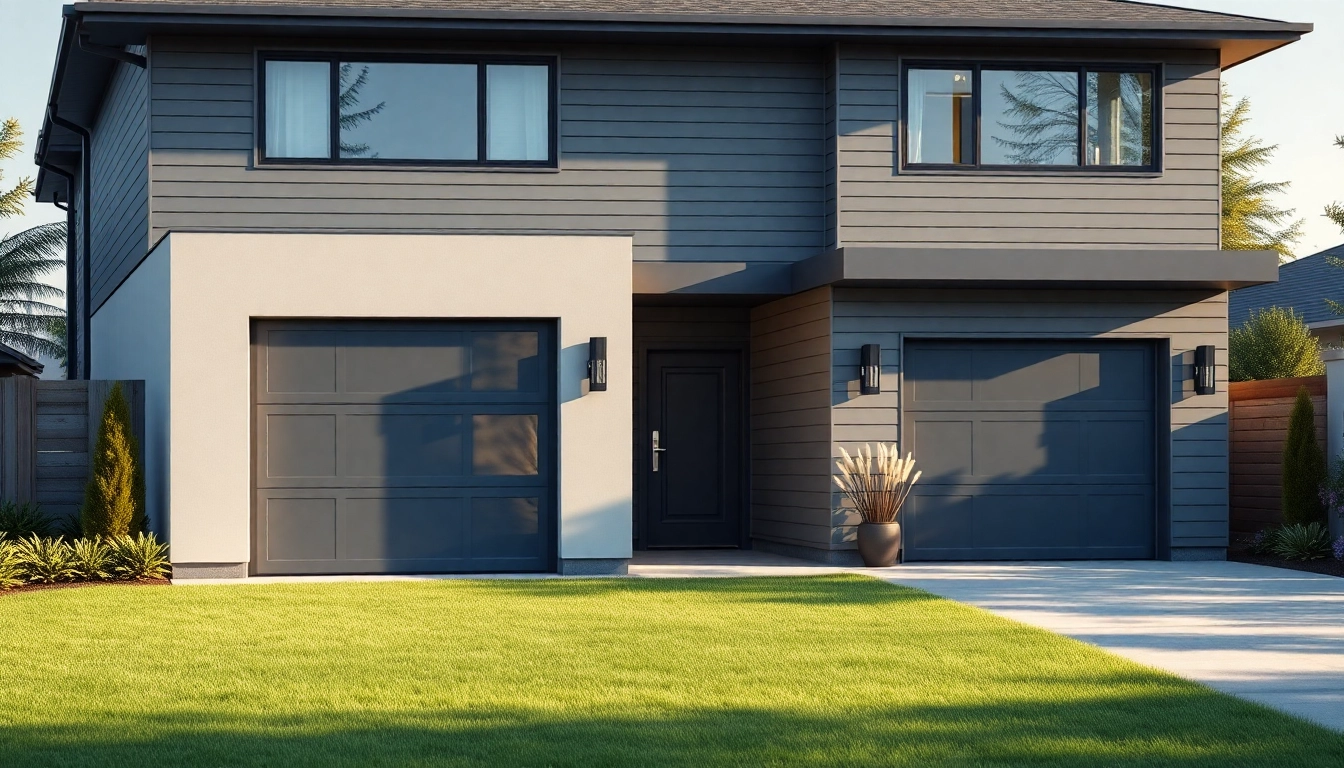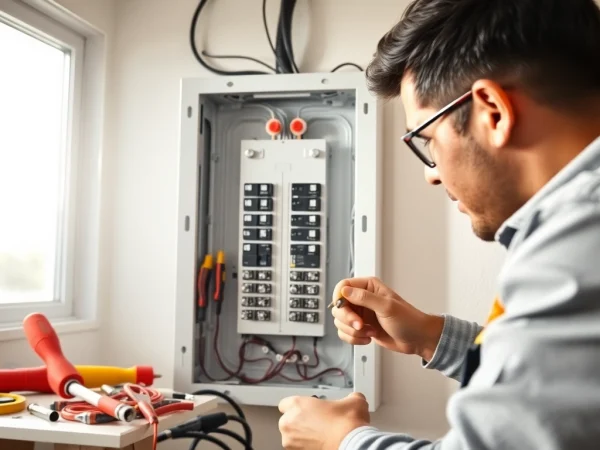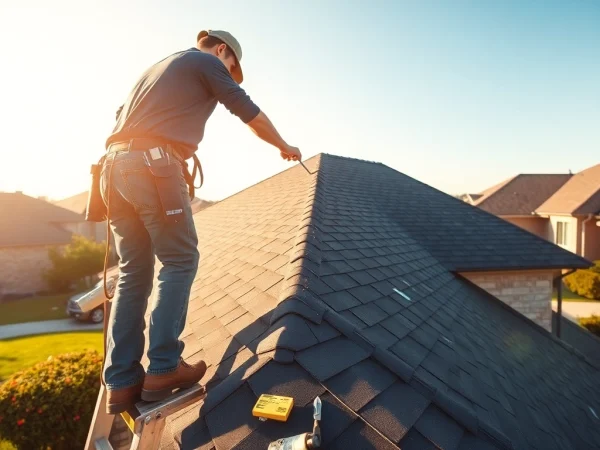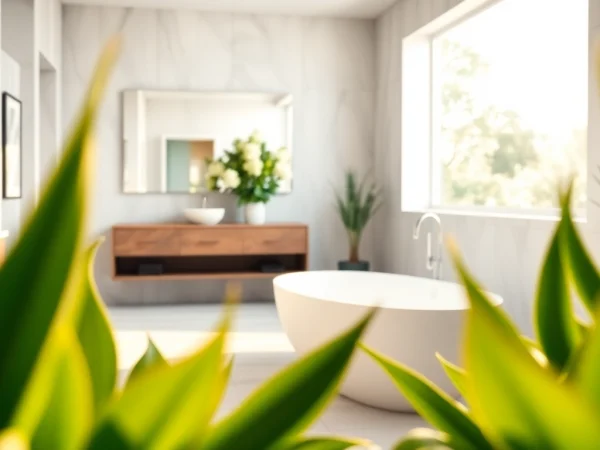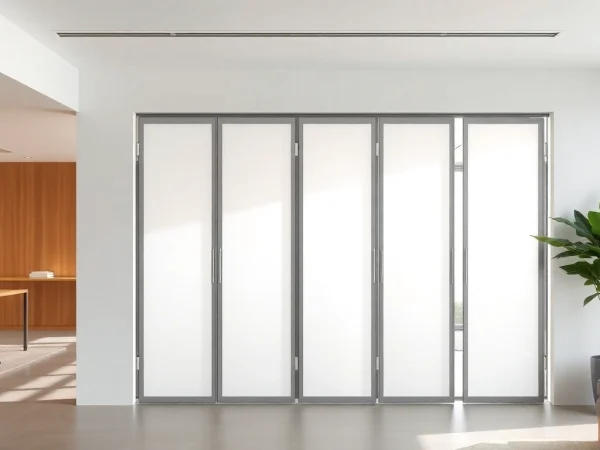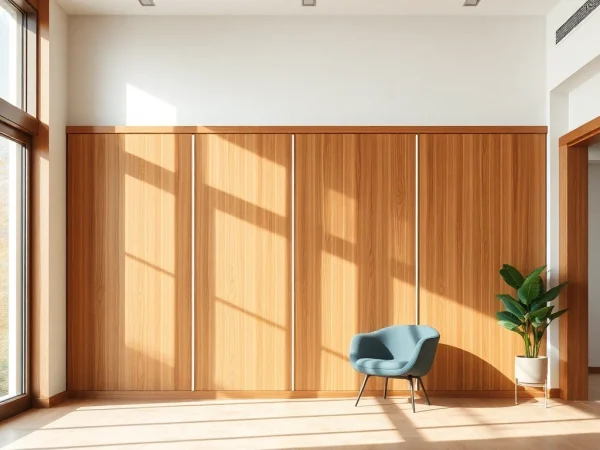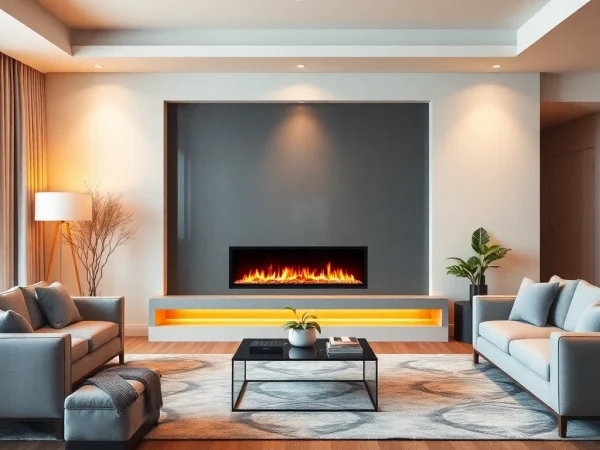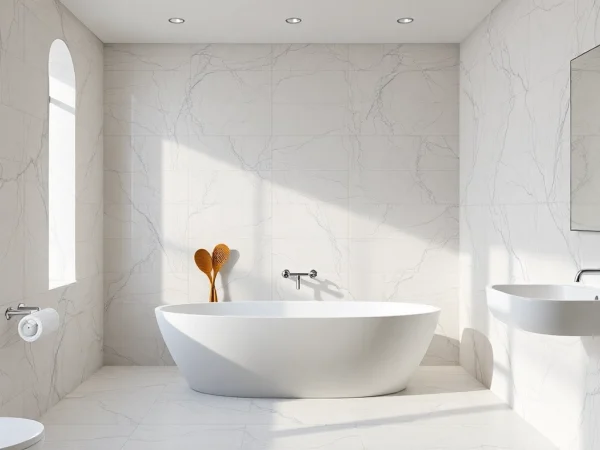Designing & Building Custom Garages: Transform Your Space to Meet Your Needs
Understanding Custom Garages
In recent years, custom garages have gained popularity among homeowners. These unique structures not only provide essential storage space but also enhance the overall aesthetics and value of a property. Custom garages are highly versatile, allowing homeowners to tailor designs to their specific needs and preferences, making them an essential aspect of modern living.
What Constitutes a Custom Garage?
Custom garages are specifically designed to meet the unique needs and preferences of homeowners. Unlike pre-built or standard garages, custom garages can vary in size, style, layout, and materials. A true custom garage encompasses a range of features including:
- Size Variability: Homeowners can choose the dimensions to accommodate personal vehicles, storage needs, or other functionalities.
- Design Versatility: Options include everything from detached structures to attached garage spaces, with styles ranging from modern to traditional.
- Personalized Features: Custom features can include built-in storage solutions, workbenches, and insulation for climate control.
Benefits of Custom Garages for Homeowners
Investing in a custom garage offers various benefits that enhance both functionality and lifestyle:
- Increased Storage Space: A custom garage provides ample room not only for vehicles but also for tools, outdoor equipment, and seasonal items.
- Enhanced Property Value: A well-designed, high-quality garage can significantly increase the resale value of a home, appealing to potential buyers.
- Dedicated Workspace: Many homeowners utilize garages as workshops or hobby spaces, providing a dedicated area for creative endeavors.
- Aesthetic Appeal: Custom garages can be designed to match the architectural style of a home, contributing to the overall curb appeal.
Types of Custom Garages Available
When considering a custom garage, homeowners can select from several types:
- Detached Garages: These standalone structures provide flexibility in placement and can be designed independently of the home’s architecture.
- Attached Garages: Integrated into the main structure of a home, these garages offer convenience and often a smoother flow between indoor and outdoor spaces.
- Carports: A less traditional option, carports offer protection from the elements while providing an open-air solution that can be visually appealing.
- Specialty Garages: These include features like RV spaces, workshops, or multi-car configurations, allowing for highly specific needs.
Essential Features of Custom Garages
Interior Layout Options for Optimal Functionality
The layout of a custom garage is critical for functionality and efficiency. Different layouts can help maximize the available space according to the intended use:
- Zone Divisions: Designating specific areas for parking, storage, and workspace can enhance organization and usability.
- Workbenches and Tool Stations: Including a functional workspace allows for various activities, from DIY projects to automotive repairs.
- Customization Options: Adjustable shelving, cabinets, and hooks can help customize the space according to changing needs.
Choosing Quality Materials for Durability
Since garages endure significant wear and tear, choosing the right materials is crucial. Key materials to consider include:
- Steel and Metal: These materials are often used for frames and structures due to their durability and low maintenance requirements.
- Concrete Floors: A solid option for the garage floor, concrete is durable and can withstand heavy loads.
- Insulation: Insulated walls and doors can enhance energy efficiency and provide comfort if the space is used for other activities.
Incorporating Storage Solutions in Custom Garages
Effective storage solutions are imperative for making the most of a custom garage:
- Overhead Storage Racks: High shelves and racks can free up floor space and make it easier to store seasonal items.
- Cabinets and Drawers: Built-in cabinetry can help organize tools and supplies while keeping them easily accessible.
- Wall-Mounted Systems: Utilizing wall space for hooks and pegboards can provide versatile storage for equipment and tools.
Budgeting for Custom Garage Projects
Estimating Costs: What to Consider
Budgeting for a custom garage involves several factors that can influence the total expenditure:
- Design Complexity: More intricate designs typically cost more due to the additional labor and materials required.
- Size and Scale: The larger the garage, the higher the costs, not only for construction but also for permits and utilities.
- Quality of Materials: Choosing high-quality materials will increase initial costs but may lead to savings over time due to durability.
Financing Options for Custom Garage Builders
Many homeowners seek financing options to manage the cost of building a custom garage:
- Home Equity Loans: These loans can provide enough capital for significant renovations and constructions.
- Personal Loans: Unsecured personal loans could also serve as viable funding options for smaller projects.
- Credit Cards: Using credit cards with favorable terms can also be an option for paying for materials and services over time.
Value Addition: Custom Garages & Property Value
The addition of a custom garage could significantly boost property value:
- Market Trends: Many homebuyers consider garages essential; a custom garage can set a property apart from similar listings.
- Return on Investment: Investing in a high-quality garage often yields a favorable return, increasing the property’s marketability.
- Customization Appeal: Homes with tailored features often command higher prices because they meet specific buyer needs and preferences.
The Design Process for Custom Garages
Steps to Collaborate with a Garage Builder
Working with a professional garage builder can streamline the process:
- Initial Consultation: Discussing preferences, needs, and budget with a builder helps establish a plan and timeline.
- Design Plans: Builders will typically provide draft designs to review, allowing for adjustments and customizations.
- Final Approvals: Ensure the final plan meets all permitting requirements before construction begins.
Design Trends in Custom Garages
The aesthetics of custom garages have evolved, reflecting broader architectural trends:
- Sustainability: Eco-friendly designs that utilize sustainable materials are increasingly in demand.
- Smart Technology: Integrating smart sensors and automated systems can enhance functionality and energy efficiency.
- Outdoor Living Features: Garages that include outdoor elements such as patios or landscaping have become popular.
Common Mistakes to Avoid When Designing
Designing a custom garage can present challenges, and homeowners should be wary of common pitfalls:
- Underestimating Space Needs: Failing to account for future storage requirements or larger vehicles can lead to perpetually cramped conditions.
- Poor Layout Planning: An inefficient layout can hinder workflow and limit usability, so it’s crucial to plan thoughtfully.
- Neglecting Regulations: Skipping permits or overlooking local building codes can result in costly delays and fines.
Choosing the Right Builder for Custom Garages
What to Look for in a Custom Garage Builder
Selecting the right builder can make or break the success of your custom garage project. Consider the following:
- Experience: Seek builders with a proven track record in custom garage construction and positive client feedback.
- Portfolio: Review previous projects to gauge the quality of their work and whether their style matches your vision.
- Licensing and Insurance: Confirm the builder is properly licensed and insured to protect against liability issues during the build.
Questions to Ask Before Committing
Before finalizing your choice of builder, asking the right questions can clarify important details:
- What is their estimated timeline? Understanding the duration of the project can help you plan accordingly.
- What warranties are offered? It’s essential to know what guarantees are in place regarding workmanship and materials.
- How do they handle unforeseen issues? Knowing how a builder approaches challenges can offer peace of mind during construction.
Checking References and Reviews for Assurance
Due diligence in researching a builder can yield valuable insights:
- Client Reviews: Look for customer testimonials and reviews online to evaluate builders’ reputations.
- Past Clients: Asking potential builders for references can help establish their credibility and quality.
- Local Ratings: Websites such as Better Business Bureau or local business rankings can provide additional reassurance about a builder’s standing.
